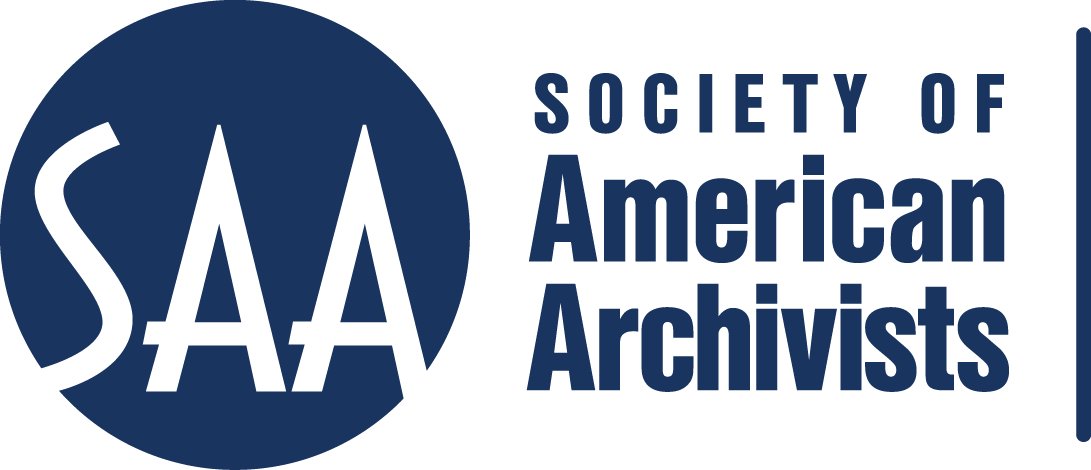Reviews in Reflection
This issue of American Archivist includes seven reviews of publications and one review of an exhibition. All these reviews reveal new ways of looking at records, the contexts in which they are created and preserved, and the ways that they can advance social justice. James Lowry's review of Off the Record takes readers through Ashley James's recent Guggenheim exhibition that critiqued “the record” and its role in documenting, confronting, and perpetuating racism and violence. Lara Wilson reviews Archives, Recordkeeping, and Social Justice, edited by David A. Wallace, Wendy M. Duff, Renée Saucier, and Andrew Flinn. Wilson considers the volume's contributions to discussions about archival social justice and to the resources available to activist communities. Siham Alaoui assesses Gillian Oliver and Fiorella Foscarini's Recordkeeping Cultures and the rubric they provide to help archivists and records managers understand the ways that organizational cultures influence organizations' recordkeeping and information governance. Elizabeth Joffrion and Michèle V. Cloonan's Advancing Preservation for Archives and Manuscripts is reviewed by Jeanne Drewes, who details this resource-rich volume on preservation fundamentals.
Several reviews of publications consider the larger social and historical context of archives and the labor of archivists. Jasmine Smith's review of Geoffrey Yeo's Record-Making and Record-Keeping in Early Societies evaluates the volume from both archival and archaeological perspectives. In the review of Craig Robertson's The Filing Cabinet: A Vertical History of Information, Cheryl Oestreicher unpacks the ways a single object, the filing cabinet, reinforced gendered notions about labor and has heavily influenced contemporary recordkeeping and management of archives. Burning the Books: A History of Knowledge Under Attack, by Richard Ovenden, discusses the recent history of the destruction of libraries and archives. As Barry Houlihan's review indicates, the materials for which we care can be, at any time, in a state of precarity and risk, and this is especially true given the numerous crises we face. Precarity is also a theme in Trevor Owens's review of The Innovation Delusion: How Our Obsession with the New Has Disrupted the Work that Matters Most, by Lee Vinsel and Andrew L. Russell. Owens analyzes the ways that this volume, which is not written specifically for an archival audience, is relevant to the archives profession and how “innovation-speak” can undermine archival work.
This also happens to be the last issue of American Archivist for which I will be serving as reviews editor. As my term comes to an end, I want to acknowledge some of the people who have made this a rewarding experience. Teresa Brinati, Abigail Christian, and Meg Moss have been a source of both inspiration and support for the entire six years I have been reviews editor. The importance of Teresa's mentorship and guidance would be impossible to overstate. Her guidance and encouragement helped me, as a new editor struggling to find my way, develop and implement a revamped Reviews Portal and a more multilingual and multicultural Reviews Section. Her unwavering commitment to American Archivist, SAA, and the archives profession as a whole is a model that I will continue to try to emulate. Abigail does a monumental amount of work on a daily basis as the liaison between SAA, the editors, and American Archivist's publisher (Allen Press). She keeps us on track for deadlines, coordinates the review of page proofs, proofreads and makes ready for production all the content published in the journal, and helps to promote reviews on SAA's social media and In the Loop. As the copyeditor, Meg's keen eye has caught all the syntax and grammatical errors that I had missed and has saved both me and countless reviewers from an uncountable number of embarrassments.
I also want to thank editors Greg Hunter, Cal Lee, and Amy Cooper Cary for all their support. It is especially fitting that I am ending my term as reviews editor during Amy's tenure as editor. When I was appointed to my role in 2015, Amy was the outgoing reviews editor, and she made sure I had everything I needed to help me be as successful as I could be in this role. Her mentorship and friendship over the years have not only instilled in me a love of editorial work, but an understanding of the care and empathy that are important to bring to that work.
Finally, I want to thank all of the reviewers who have taken the time to thoughtfully engage with and write reviews of publications over the last six years. Reviewing publications is an important service not only for the professional literature, but also for the archives profession. For the journal's readers, reviews highlight new publications and help readers to navigate a large (and fast-growing) body of literature. A year or two into my term, I started to deliberately use “publication” instead of “book” to acknowledge the fact that archival scholarship does not only manifest in book form, but in a variety of digital platforms and formats. Some of the publications that have been reviewed have been open access (OA) and only available online, while others may be available in print but have an OA counterpart. Some reviews have also been of reports, position papers, and digital exhibitions/publications. The landscape of archival scholarship and publications is constantly evolving, and I found it increasingly difficult to draw distinctions between what is a “publication” and what is not. And that is part of what has made this role so interesting.

